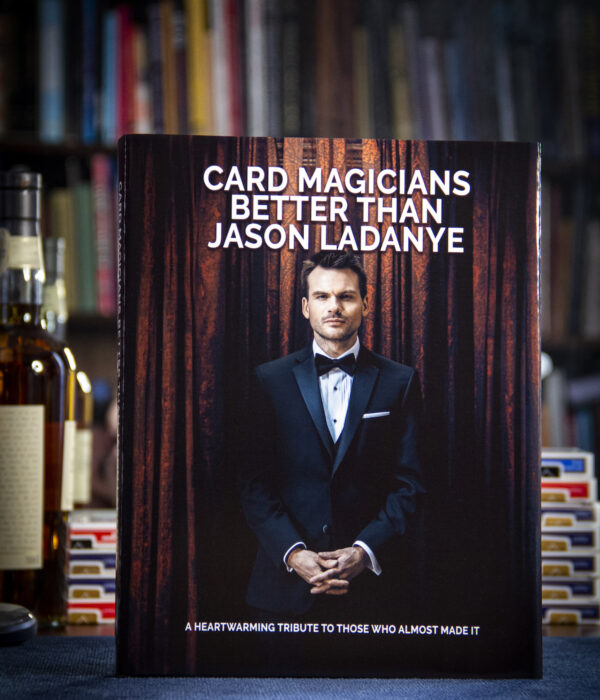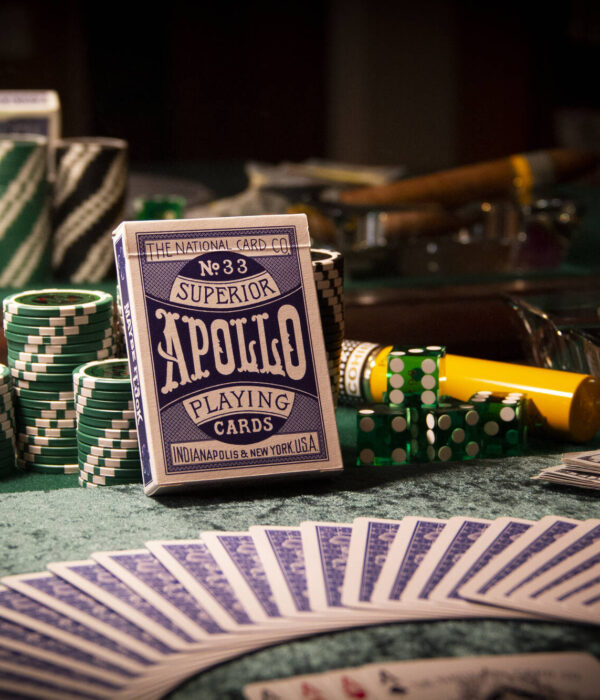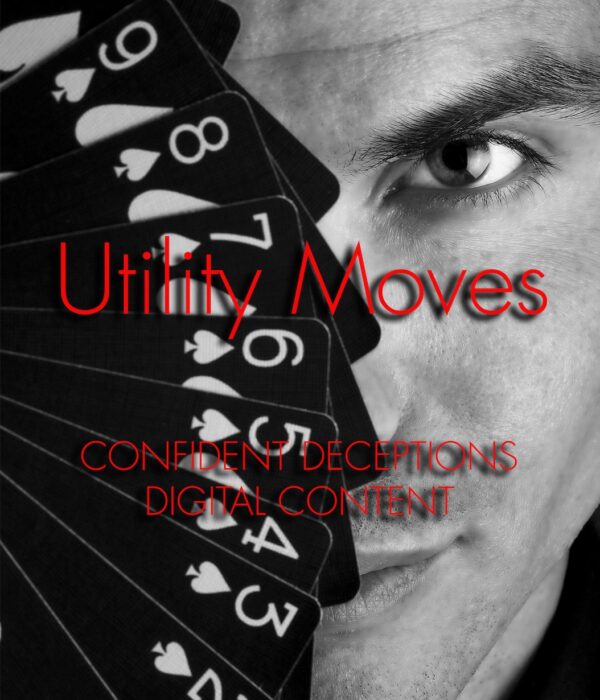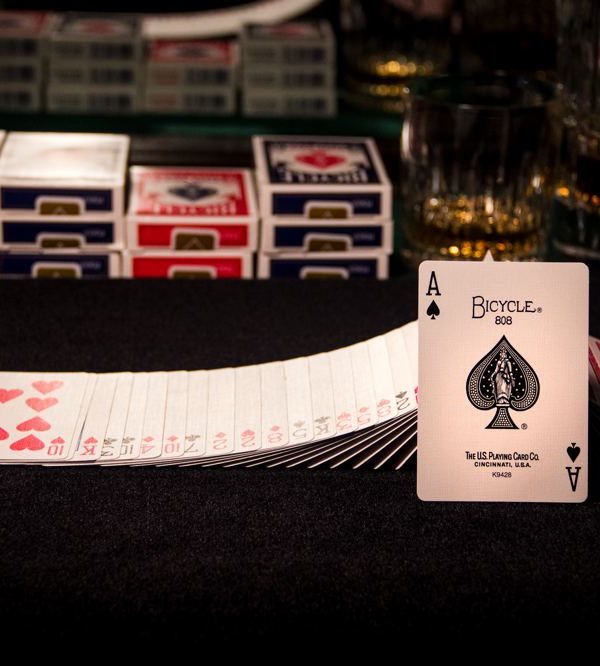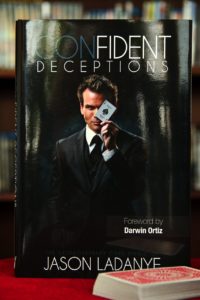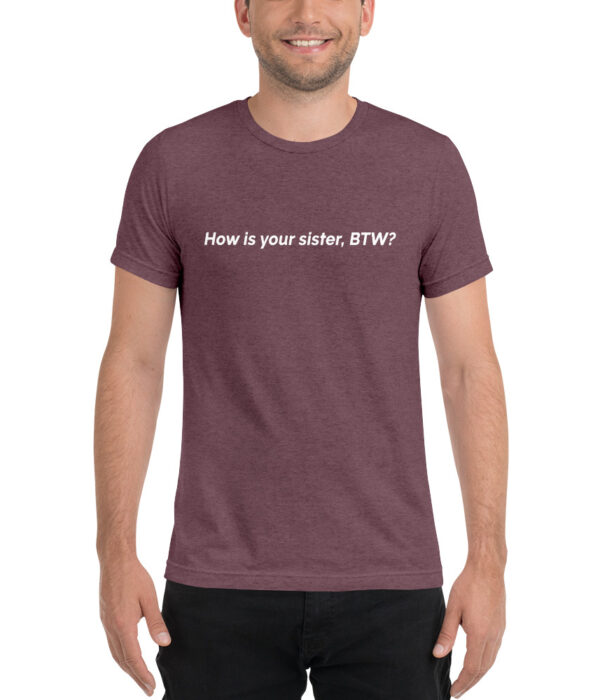Do you give your effects context? Or do you perform moments? For this month’s blog, I’ll explain why I choose to perform magic with context and meaning.
Let’s say you perform an effect where a spectator’s signed card appears in your mouth. You provide no justifications and no reasoning and your script is you just saying what you’re doing at the moment. “Pick a card. Now sign the card. Now watch this…” You simply have a card selected and signed, and then pull the folded card from your mouth. This is quite a magical moment and it will definitely get a reaction. It will absolutely fool your audience as well. But what did it mean? Since you didn’t say anything, you’re letting your audience try to figure out what and why you’re doing the magic. There’s always subtext present when you do magic. Now you’re not in control of how it’s interpreted. Two people may draw two different conclusions after seeing the same trick. Chances are they’ll think you’re a person that does weird magic stuff.
Since you’re not saying anything, you’re letting their minds go directly to trying to solve the mystery of what they just saw. Every trick is a puzzle. And, if you don’t explain what or why you’re doing something, your magic becomes a moment, or a special effect. That’s it. Then your next trick is just another moment and the next trick is yet another moment. Your act becomes a series of unexplainable and weird special effects.
Imagine watching a movie with no plot, just two hours of special effects. What does it mean? What was the movie about? Who were the characters? What was the conflict? Would you watch it again? Wouldn’t it be a better movie if it had memorable characters, and an awesome plot with twists and turns—and the hero kills the villain in some ironic and surprising way you never saw coming? Wouldn’t you rather watch the movie with a plot? How much did Michael Bay make to direct the movie? A movie with a great plot still can have lots of special effects, but the story keeps you engaged.
Now let’s give your magic some meaning. An amazing thing happens when you start to explain why you’re doing what you’re doing. The audience focuses more on you as a performer. Their emotional attachment to your story pulls them in even closer. You can develop your character. You can create suspense and/or humorous moments. You can take your audience exactly where you want to take them, rather then them trying to draw their own conclusions. They’re so engaged in the story that it also directs their thinking away from the method.
Instead of simply producing the card from your mouth, tell the story of a heckler that stopped your show once and bet you $100.00 to find the card without ever touching the deck with your hands. You now have conflict. You can establish and build the heckler’s character (your villain.) You can develop your character (the hero.) You can establish your ability to get out of tricky situations, you can build suspense and your climax will make sense. You’ve made a special effect into a story. And, stories are way more engaging then just a moment. You’re no longer a guy that did something weird. You’re a quick-thinking con man that beat a guy at his own game.
Think about your magic and think about effects you do that create an odd moment. These are usually effects that end with, “Boy, that was weird.” Think about why you’re doing the effect. Add a short story that justifies your actions. You’ll see that you’ll get even better reactions than before.

